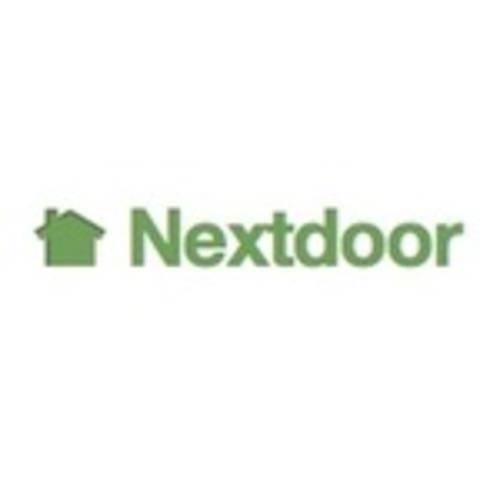Every good social network has a focus and a purpose. Facebook helps you keep up with friends you more or less know in real-life. Twitter is perfect for following news feeds and celebrities. LinkedIn connects you to the folks you’d rather only know professionally.

But what about the people in your real-life, honest-to-goodness neighborhood?
Enter Nextdoor, a Menlo Park, California-based startup that launched earlier today. The platform gives neighbors in specific regions the opportunity to create private websites for exchanging local information and events.
“There hasn’t really been a social network that is solely devoted to what we believe is one of the most important communities in our lives, and that is the neighborhood,” says Nextdoor founder and CEO Nirav Tolia, whose name you may know from Epinions and Shopping.com.
Do We Really Need Another Social Network?
Not long ago, I friended my landlords on Facebook. They reside in the basement of our Chicago two-flat. It felt sort of awkward since I didn’t really want them to know much about my personal life – but alas, I was just trying to be friendly. We never interact on Facebook, but occasionally I’ll receive emails about neighborhood goings-on, like the farmer’s market.
If Nextdoor was around at that time, I could have just invited my landlords to connect on the social network. They could have posted something about the farmer’s market on there, giving the entire neighborhood a chance to check it out.
Won’t You Be My Neighbor?
Nextdoor wants to make sure users really are who they say they are by asking them to register with their real name and physical address. Then, Nextdoor will verify the address by either sending a postcard, calling the phone number listed, linking the person to a billing address from a credit card they’ve provided, or providing an invitation from an already-verified neighbor. If neighbors are more in-person oriented, that’s no problem at all: Nextdoor gives users the opportunity to print semi-custom flyer invitations to the network that they can easily hand out to everyone in the neighborhood.
Neighbors create the boundaries of their neighborhood on top of a Google map. As the group evolves, boundaries can change.
Nextdoor has tested the site in over 175 neighborhoods across 25 states. The results have been positive, says Tolia: “It’s the same kind of pattern we’re seeing in almost every neighborhood. In a very short period of time, it becomes a public utility for the neighborhood.”
Tolia was inspired by the early days of Facebook which, when it launched, required college email addresses in order to sign up. That kept people within a specific network that they were already a part of in the real world. If Nextdoor can create trust within its userbase from the get go, this could be a social network that actually works.
Perhaps a socially focused neighborhood network is the key to engaging new users. Neighborhood news sites, as ambitious as they were, didn’t quite make it.
















